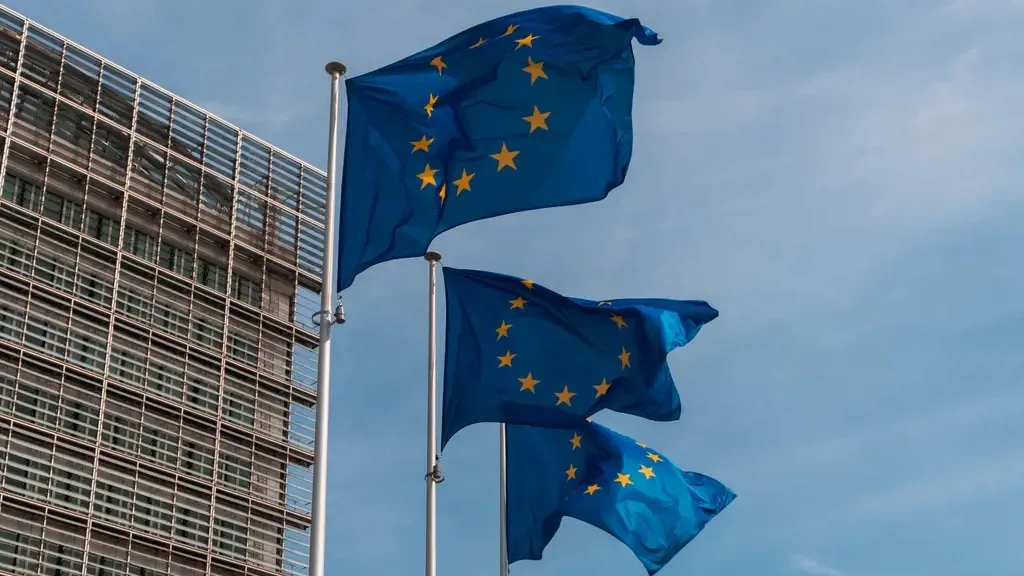Post-Brexit, the UK government is keen to accelerate UK exporting, including in creative goods and services. To best support and expand exporting, it is vital to better understand the characteristics that distinguish businesses that export from those that don’t. It is also valuable to recognise businesses which have a greater potential for exporting. Such knowledge can be used to better design policy, target support and benefit the economy.
This paper identifies the characteristics that distinguish exporters from non-exporters among Creative Industries Organisations (CIOs). It also identifies the characteristics of high-intensity exporters, defined as those that earned at least a quarter – and typically half – of their sales income from exports. It does so by examining the responses from 625 CIOs, to the DCMS’s 2020 survey on new product and service development activities.
The paper finds that even very small CIOs export, including at high intensity. Tradability of outputs is found to matter most, as does productivity and innovation. Importantly, the paper notes exporting need not involve the development of ‘new to the market innovations’, and while creative Industry exporters tend to invest in R&D and/or design, the amounts invested are usually modest. Engaging in both R&D and design is more strongly associated with exporting than engaging in R&D alone.
In the conclusion the paper sets out how policymakers might further support creative industry exporting.
___________________________________
Image credit: Kenny Eliason on Unsplash
Related Discussion Papers
Demand for Creativity and AI Skills in the Post-ChatGPT Labour Market
This study examines the evolving relationship between employer demand for creativity and AI skills i…
Regional Trade Agreements, Cultural Provisions and Trade in Cultural Goods
Analysing the impact of Regional Trade Agreements on the bilateral trade of cultural goods from 1999…
International Trade Challenges and the Effectiveness of Support Measures for the UK’s Creative Industries
The formidable challenges confronting the UK’s creative industries in the realm of exports, st…
Northern England’s Creative Industries
The Creative Industries are already a driver of growth across the UK economy. Export-intensive and m…
Creative Destruction? Creative firms, workers and residential gentrification
A new study by Tasos Kitsos, Max Nathan, and Diana Gutierrez-Posada finds only a minor influence of …
Speaking with One Voice
A fundamental remit of the BBC, and other public service broadcasters (PSBs) like ITV and Channel 4,…
Transitioning to Sustainable Production across the UK Theatre Sector
This discussion paper examines transitional pathways to sustainable theatre production in the UK. By…
Identifying and analysing UK fashion micro-clusters
The UK’s Fashion and Textiles industry contributed almost £20 billion to the UK economy in 202…
Net Zero as a catalyst in fashion micro and small enterprises
This report identifies examples of work taking place across three levels of change – social, e…
The Motives of Inbound Foreign Direct Investors in the UK Creative Industries
The UK’s creative industries have a global reach. British arts, technology, and design are internati…
Brexit uncertainty and international trade in services: Evidence from the UK creative industries 2014-2019
This discussion paper is based on one of the first studies to look at the impact of Brexit on the Cr…
Working Together – Cooperatives as a creative industry business model
This authors looks at how creative workers and students typically understand cooperatives, explore t…












